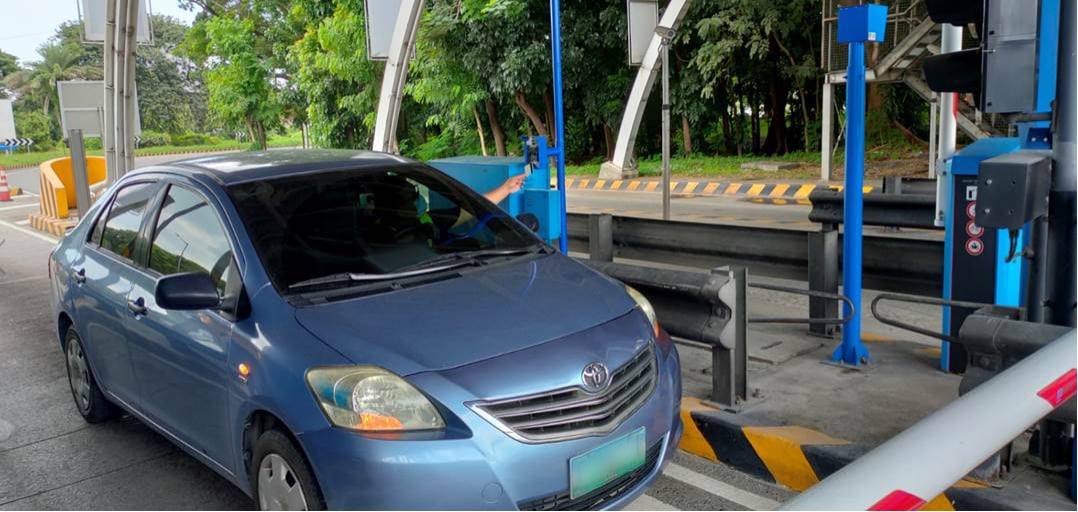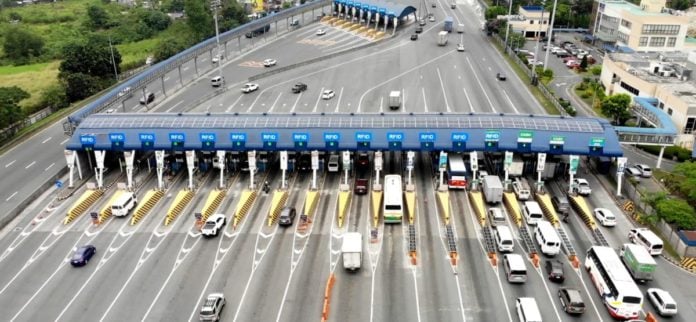Enhancements in the RFID system (radio frequency identification) of the Metro Pacific Tollways-led NLEX Corporation, which involve system updates, realignment of antennas, installation of contactless card readers, and the initial implementation of automatic license plate recognition (ALPR), are progressing to improve the travel experience of motorists.
NLEX said that the RFID antennas in 56 NLEX-SCTEX toll lanes are being realigned to boost reading efficiency. Expected for completion by third quarter this year, the project will increase the number of toll lanes with ‘advanced reading’ feature to 188 since a total of 132 antennas were realigned last year.
To provide an alternative way to process RFID transactions, 62 more toll lanes are being equipped with contactless Easytrip card readers, bringing the total number of toll lanes with card readers to 194.
“Aside from infrastructure building, we are also persistently working on digitizing and automating our business processes. We are continually adjusting our systems so we can provide a more efficient service to our motorists and afford them ease of travel,” said NLEX Corporation president and general manager J. Luigi L. Bautista.
NLEX is also piloting the implementation of the automatic license plate recognition (ALPR) at 25 toll lanes in Valenzuela City. The ALPR system uses smart cameras which are capable of reading vehicle license plates and are useful for matching transactions, improving safety, and enforcing traffic laws.

As the barriers in the Mindanao, Karuhatan, Paso de Blas, and Lawang Bato are kept raised, the ALPR technology provides an automated process to facilitate easier matching of motorists’ entry and exit transactions. It also helps in identifying vehicles passing the RFID lanes without RFID stickers, as well as those with insufficient balance, and vehicles that pose potential safety issues.
To improve operational efficiency, NLEX has also converted select toll lanes from mixed lanes to cash or RFID lanes. It has also removed reloading lanes in Balintawak and Bocaue toll plazas to relieve queuing.
In another development, MPTC has been also implementing upgrades in the infrastructure, network, account management system, and the toll collection systems of its expressway network—NLEX, SCTEX, CAVITEX, and CALAX. The ongoing upgrades intend to improve the turnaround time of transactions and reloads as well as reduce system issues.
Currently, data transmission between the toll collection and Easytrip systems was reduced from an average of 45 minutes to less than five minutes. Lane transactions, checking of account balances, and reloading via certain channels are also immediately reflected in the RFID accounts of motorists.
The tollway firm also launched an improved customer account management system, enabling RFID subscribers to generate their own statement of account for monitoring and self-enroll in the automatic debit arrangement for easier load replenishment.
It also recently rolled out the country’s first toll top-up using mobile load in partnership with Smart Communications. Easytrip RFIDs can now be reloaded just by sending a text message using Smart and TNT mobile numbers.
To reload, subscribers just have to key in EASY[DENOMINATION]<space>[12-DIGIT RFID ACCOUNT NUMBER] and send to 3279. Customers may load PHP 100, PHP 300, PHP 500, or PHP 1,000, and the load amount will be deducted from the balance of prepaid users or will be charged to the monthly bill of postpaid users. For every successful transaction, subscribers will receive a text message and will have their Easytrip RFID accounts topped up quickly.
For any issues that are encountered during the system upgrades, motorists may contact the Customer Service Hotline at 1-35000 or send a message through the company’s various social media channels such as Facebook and Twitter.
